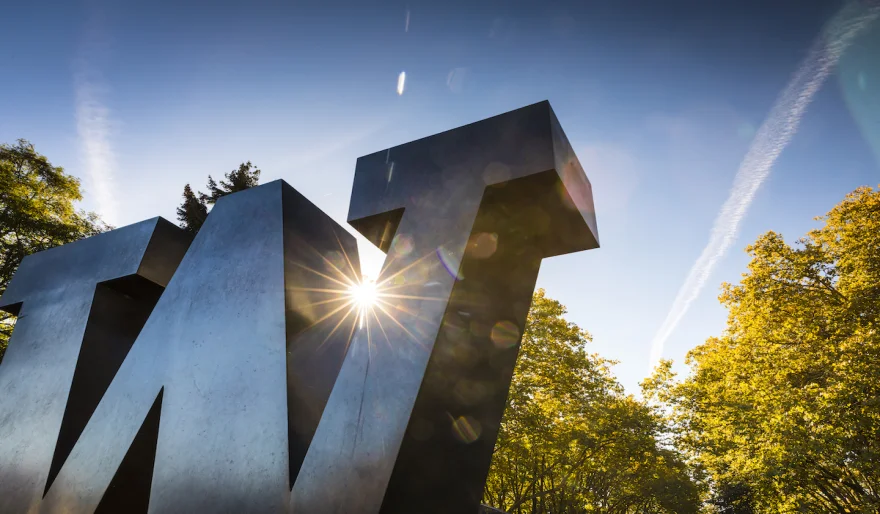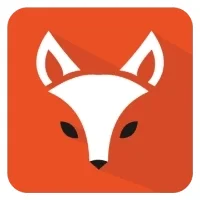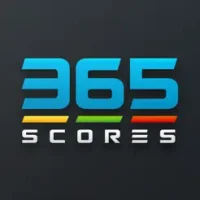Pack Ventures raising $30M fund to back more startups with ties to University of Washington
12 min read Pack Ventures raising $30M fund to back more startups with ties to University of Washington August 20, 2024 22:11
Pack Ventures, an emerging venture capital fund that invests in startups with key connections to the University of Washington, is gearing up to raise more money and make a bigger mark on the Seattle entrepreneurial ecosystem.
Pack launched two years ago with a thesis to invest in early stage startups spun out of the UW or led by alumni. It’s a playbook followed by similar funds tied to other large universities.
Pack raised around $5 million from more than 80 investors — including veteran Seattle VCs as well as many first-time venture capitalists — and dispersed that money to 26 companies across life sciences, software, and healthcare.
“It was really a proof-of-concept fund,” said Ken Horenstein, founder and general partner at Pack.
Pack is now looking to raise $30 million for its second fund.
It also recently signed a memorandum-of-understanding with the UW to be a “preferred venture partner” of the university and CoMotion, its innovation arm.
Consider the concept proven.
“We proved that we can build a relationship both with the university but also the broader ecosystem,” said Horenstein, who previously worked for Microsoft’s venture fund.
Pack has co-invested alongside several Seattle-area firms, backing startups such as Monod Bio, a spinout of the UW’s Institute for Protein Design, and Outbound AI, a healthcare software startup co-founded by a UW alum. It also was an earlier investor in biotech startup Talus, which announced additional funding Tuesday.
“Ken and Pack VC have unique access to the most promising ideas and founders emerging from the UW, one of the world’s leading research institutions,” said Mike Fridgen, managing director at Madrona Venture Labs. “We at MVL are proud to continue to co-invest and support UW founders alongside them.”

Pack operates like a typical venture firm, raising money from limited partners and investing in startups. It’s completely independent of the university.
Other groups such as The House Fund (Berkeley) and E14 (MIT) also invest in companies that have an affiliation with universities.
Some say it’s about time the UW has its own version, given how much research funding flows through the university.
“This isn’t us breaking new ground and doing something crazy risky,” Horenstein said. “This is us catching up with our top research peers.”
Pack is part of a longtime effort at the UW to help get research out of the lab and into the market. But it’s a unique way to help spur more entrepreneurial activity on campus.
“There’s a different role to be played by a venture fund, and in particular one which has its DNA, its roots and its goals 100% in supporting the vision and mission of the University of Washington, in support of the population of the state of Washington,” Mike Halperin, a longtime UW donor who helped come up with the concept of Pack, said in a statement.
Pack is structured as a 506(c) fund, which means it can actively promote and advertise to potential accredited investors. It also accepts smaller individual investments.
Some investors are leaders at Amazon or Microsoft that want to invest in startups, but aren’t ready to commit larger quantities usually required for more traditional funds.
“We can get a more diverse LP base involved — and that means diversity on every spectrum,” said Horenstein, who runs Pack with serial entrepreneur Ti Zhao.
The fund also allows for sidecar investments, giving LPs a way to put in additional cash behind companies in the Pack portfolio.
Pack has invested between $25,000 to $200,000 in most companies — but Horenstein hopes to sign checks worth up to $750,000 with the new fund.
“We can have much more impact,” he said.
Horenstein said one of his biggest challenges is making sure Pack can continue raising money from LPs in a shaky venture market.
Pack is also a new and unproven fund. But Horenstein likes to paint a picture for investors — one that imagines Pack launching in a previous generation.
“If you’d had a fund like Pack 10 years ago, there would be $30 billion-plus in exit value potential,” he said.
Entrepreneurship isn’t yet embedded within the Husky culture like it is at a school such as Stanford in Silicon Valley. Classmates at the business or engineering schools might be talking more about landing a Big Tech job versus becoming a startup founder.
User Comments (0)
Popular Apps










Editor's Choice










